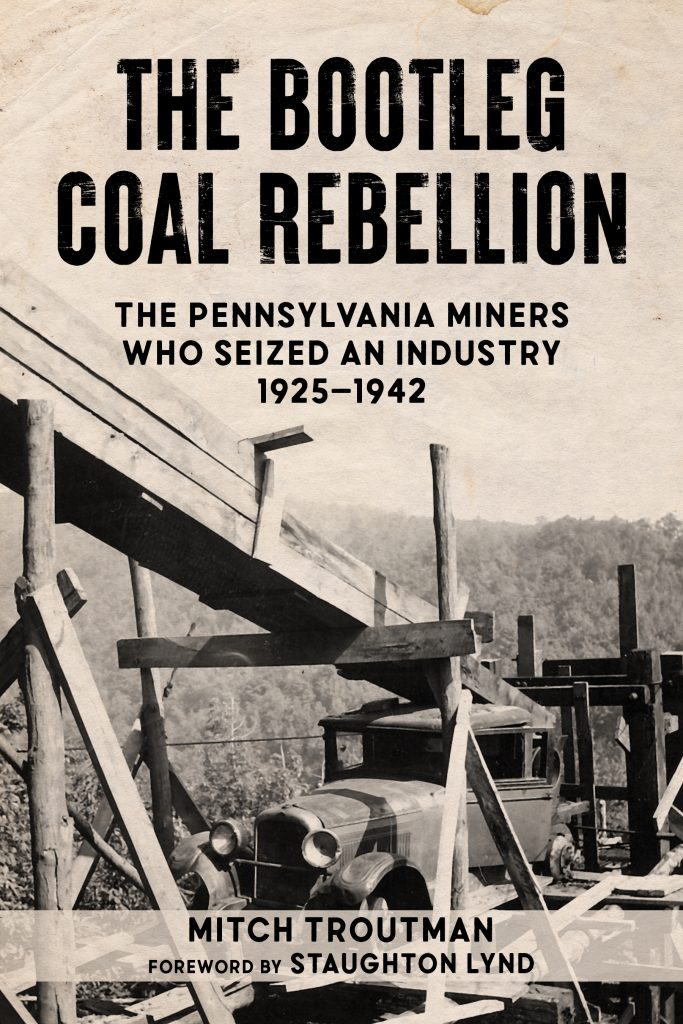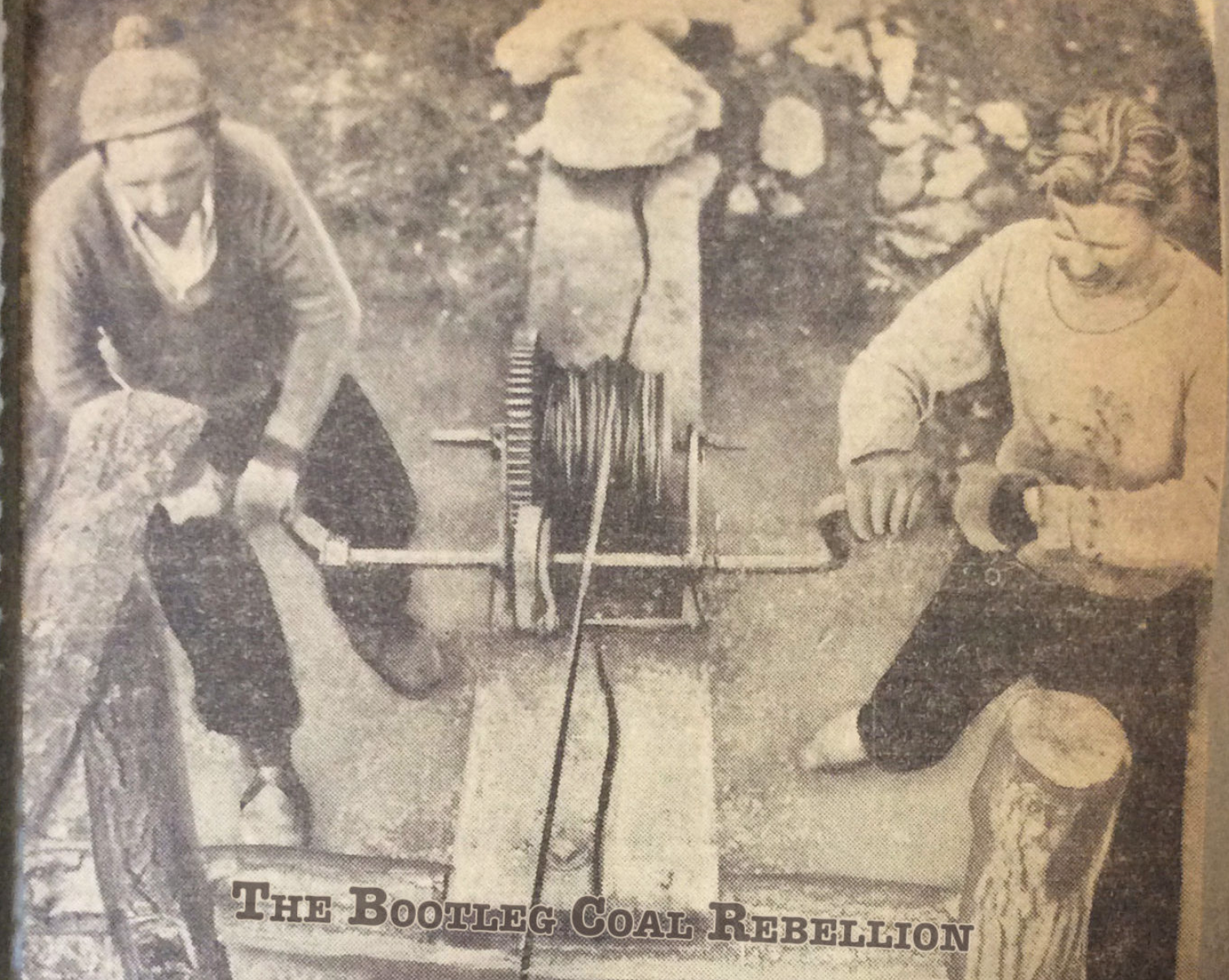It’s happening again. A few months ago, Talon Energy announced it is building a bitcoin mining facility onto the Berwick nuclear power plant. Now, a bitcoin mining company has bought the coal-fired power plant in Nesquehoning, outside Jim Thorpe.
I knew this was happening in poorer countries and ignorantly assumed it wouldn’t happen here. Bitcoin (and other cryptocurrencies) is anonymous, ultra-secure digital money that was intended to subvert government-controlled currencies like the dollar. Instead, it has become a high-stakes gambling market. Crypto’s backbone is a world-wide network of computers used to solve purposely-complex equations, called “mining”. Baked into its DNA is that every new transaction requires more computer power than the one before it. As of July, a single bitcoin transaction required enough electricity to power the average home for 2 months. These transactions happen 240,000 time every day.
The margins on bitcoin “mining” are so small that the electricity to do it is more expensive than the output, unless you invest millions to scale up. The gist is, if these mining facilities are part of a power plant, they bypass taxes and fees. Huge warehouses of servers run at maximum capacity—that is, as hot as possible without malfunctioning. Power is required to cool the machines as well as run them.
As we collectively embark on an effort to lower electricity output in the face of catastrophic climate change, these power plants will be run at 100% capacity. Every decision we make, big or small, to reduce energy consumption will be gobbled up. Did you swap an old 60-watt bulb for a 10-watt LED? That’s 50 more watts for bitcoin. Solar panels and turbines will be offset by hot computers doing essentially useless work.
The other day I got a styrofoam cup of coffee that, printed on the side, claimed it was greener than paper cups. Everything claims to be green now. CEO Greg Beard of the company buying the Panther Creek coal plant says it will “rapidly expand(s) our vertically integrated model, allowing us to mine bitcoin at some of the lowest costs in the industry while making a transformational contribution to the environment.” To translate: sure we’re going to pump as much carbon into the air as mechanically possible, but because we’re burning up the old culm banks to do it, it’s good for the environment!
Likewise, the Berwick nuclear plant claims it will mine “zero-carbon bitcoin” because it’s not coal. Nevermind the nuclear waste that we still don’t know what to do with (Berwick stores it onsite in hopes someone will discover a safe way to dispose of it). Nevermind that bitcoin mining raises the cost of electricity and keeps coal plants in demand. One would hope stability is the top priority at a nuclear plant, but bitcoin mining gives every incentive to turn the knob up to 11. Has the Simpsons done an episode on this yet?
If my goal were to protect the environment, the last damn thing on my list would be to mine bitcoin. This is capitalism-as-cancer, growth for its own sake. As the world scrambles against itself to try to limit climate disaster even just a little bit, the profits of bitcoin will increase electrical production and end up pumping more carbon into the atmosphere than ever before.
Apologies to those reading this. I hate the tendency to invoke outrage with every piece of writing. Spreading my own outrage doesn’t do anything about this situation but make your day worse too, and normally I avoid that. But this is in our back yard and hasn’t yet been called out for what it is, so I had to write it. Truly it makes little difference, either, whose backyard it’s in since carbon dioxide doesn’t recognize political borders. But it hits different when it involves the places you know.

Mitch Troutman is a writer, educator, organizer, and jack-of-all-trades living in Central Pennsylvania. He is a direct descendent of bootleg coal miners and belongs to the group Anthracite Unite.







